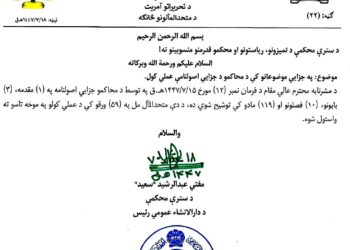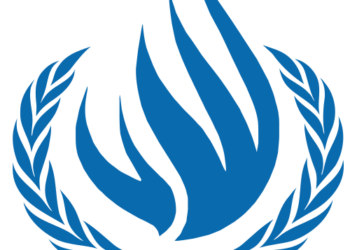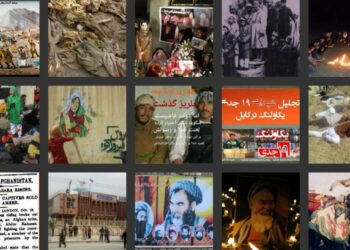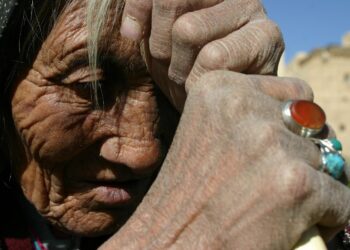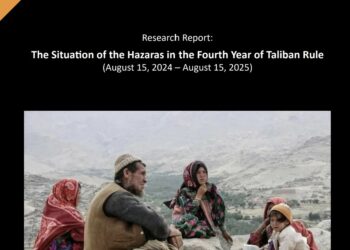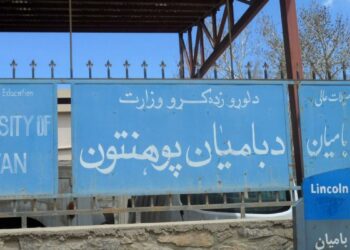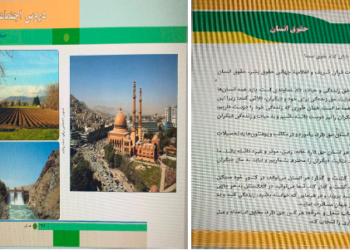Taliban’s New Law: Another Step toward Cementing a Regime of Terror and Systemic Discrimination
Press Release January 25, 2026 Listen to Audio version of this article on Bolaq’s YouTube Channel The Bolaq Analysts Network (Bolaq), as an independent human rights institution, condemns in the strongest possible terms the Taliban’s issuance of the new “Criminal Court Principles.” The content of this recently ratified document is not a conventional legal text, but an ideological and highly radical tool designed to consolidate authoritarian rule, systematically suppress...
